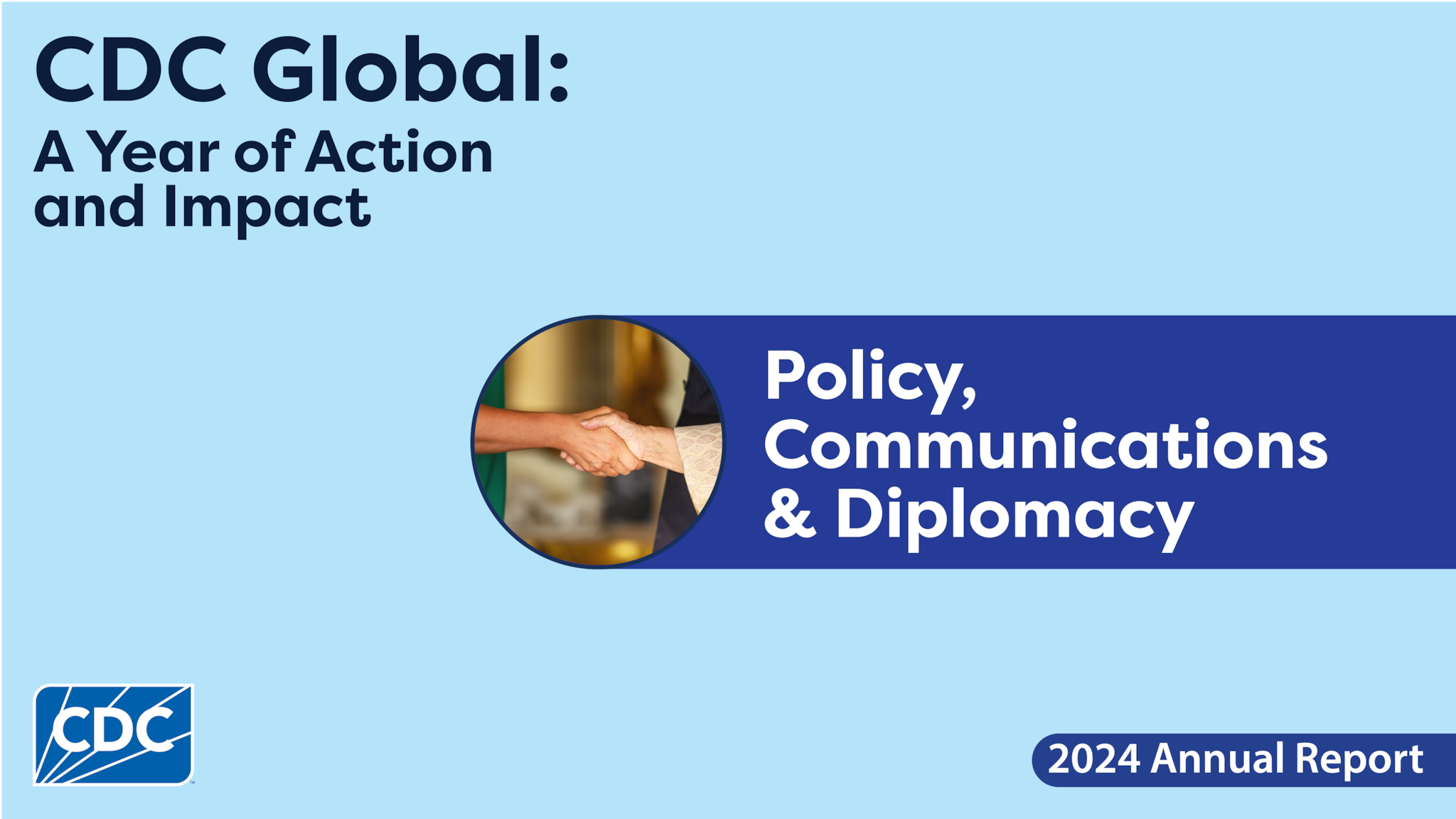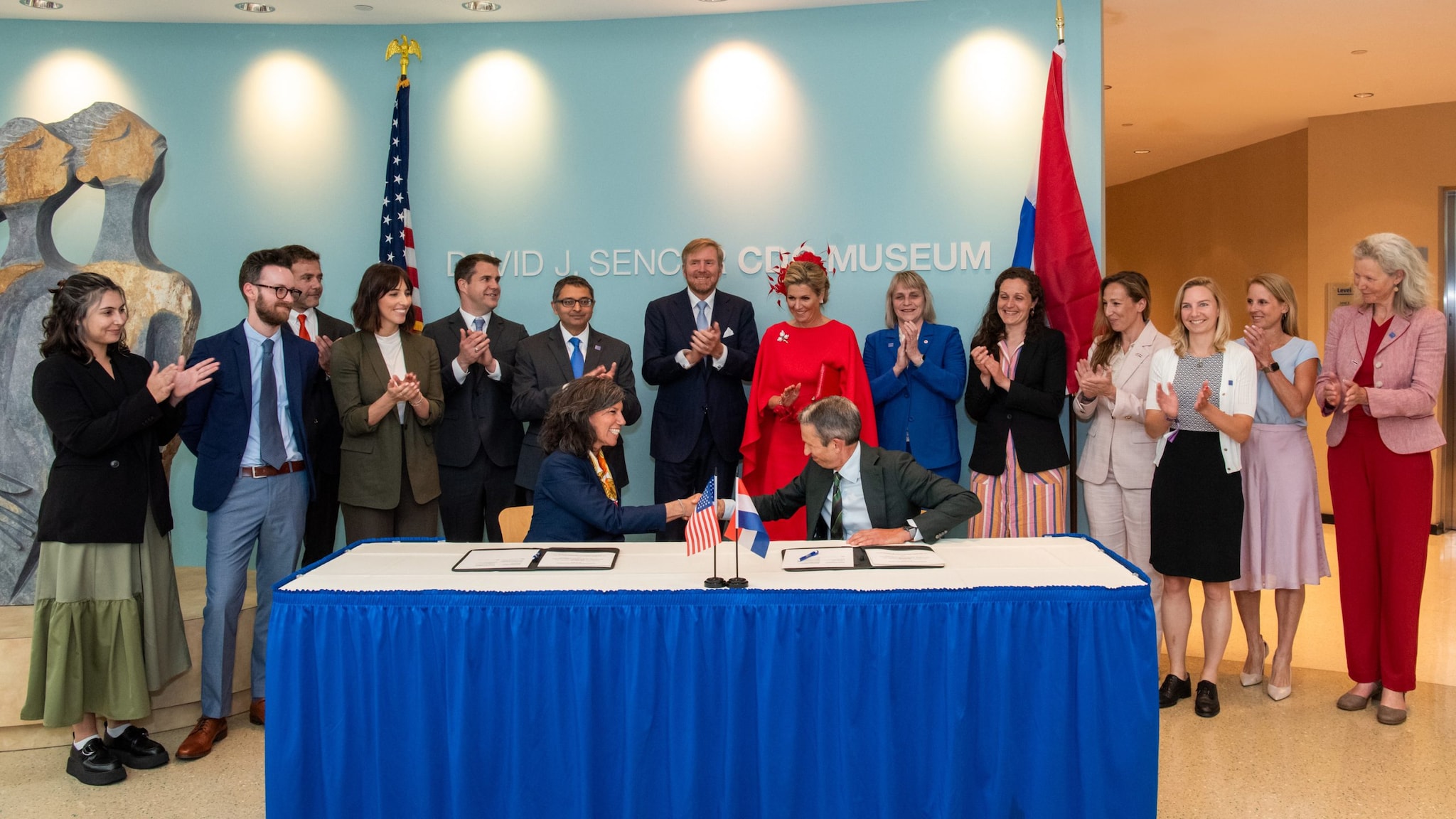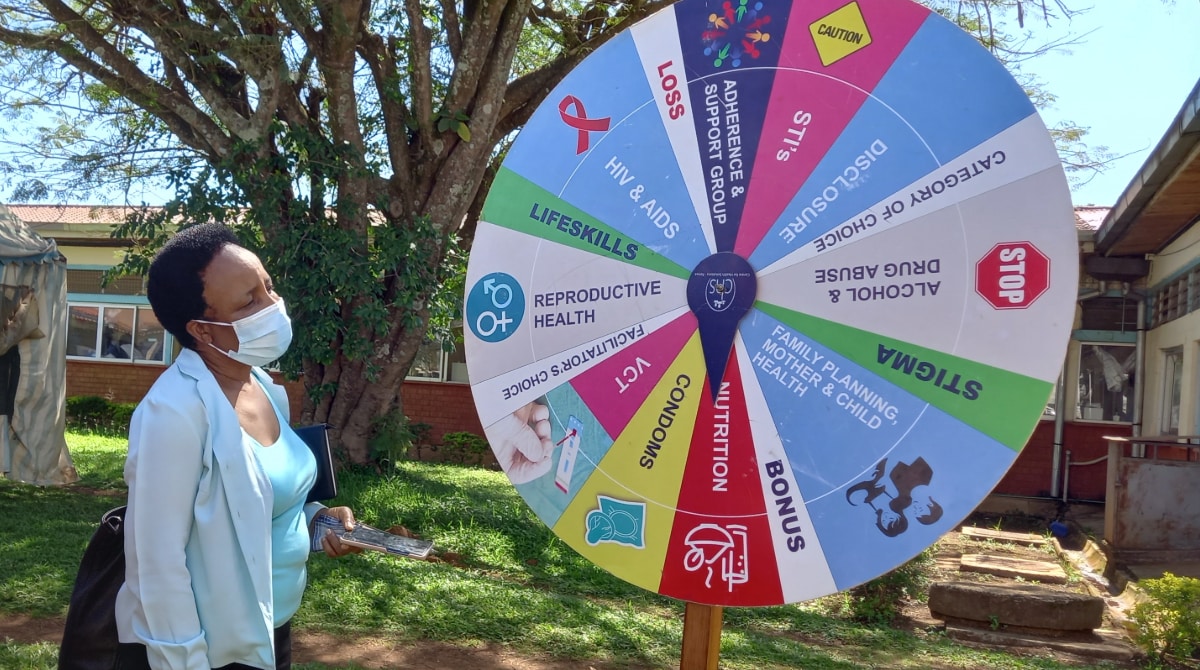At a glance
In 2024, CDC drove evidence-based decisions, clear communication, and relationships that expand respect and trust.

Health diplomacy and global commitments

- Diplomatic Engagements, such as a 2024 visit from the King and Queen of the Netherlands to CDC, result in action on joint health priorities. For example, CDC and Dutch leaders held strategic discussions and signed a collaborative arrangement focusing on global health security and antimicrobial resistance.
- Global Health Security partnerships, such as between CDC and Japan, solidify bilateral and regional collaboration to fortify global health security. Through CDC's new East Asia/Pacific regional office, in 2024, CDC and Japan reaffirmed commitments to exchange information and insights on public health events.
- Memorandums of Understanding (MOUs), such as a 2024 MOU signed by CDC and the UK Health Security Agency, elevate U.S. government bilateral health priorities with Ministries of Health and advance CDC's mission. For example, the UK MOU strengthens collaboration on global health security through pandemic preparedness, prevention, and response.
Epidemic intelligence
The organized and systematic collection, analysis, and interpretation of information – also known as epidemic intelligence – is critical to rapid, informed responses. CDC provides leadership and guidance to key international partnerships that provide critical aspects of epidemic intelligence, including coordinating signal detection, standardizing public health intelligence practice, and coordinating international public health emergency operations. This work includes collaborating with PAHO as they develop and implement a 10-year Regional Strategy for Epidemic Intelligence across the Americas.
Data-driven policy
Every year, around 32,000 infants globally are diagnosed with congenital rubella syndrome (CRS), severe birth defects which can be prevented by rubella vaccination. CDC's global immunization experts guided the presentation of collaborative data analyses and modeling scenarios, showing that hundreds of thousands of children would be protected from CRS over 30 years if all countries adopt rubella vaccines. These results led WHO to change their recommendation to universal rubella vaccine introduction.
With CDC support, global donors changed funding policies to encourage the remaining countries who have not yet adopted the vaccine to implement it. Because rubella and measles vaccines are combined, this policy change will also prevent measles cases and deaths.
Collective global action
In September, global leaders gathered in New York City for the second United Nations General Assembly High-level Meeting (UNGA HLM) on Antimicrobial Resistance. CDC and global partners committed to actions to combat AR and achieve the targets outlined in the HLM political declaration. CDC's work with domestic and global partners will continue advancing these newly established commitments and targets, including a goal to reduce global deaths associated with bacterial AR by 10% by 2030.
Story Spotlight: Operation Triple Zero sparks global HIV policy change

With more than 1000 young people becoming infected with HIV globally every day, one of CDC's Kenya staff, Dr. Immaculate Mutisya, started Operation Triple Zero (OTZ). As a pediatrician and public health specialist, Immaculate knew a real solution was needed to engage adolescents and empower them to take charge of their health.
OTZ is a powerful program that helps adolescents living with HIV become "heroes" for achieving zero viral load, zero missed appointments, and zero missed drugs. OTZ is built on solid scientific principles like leadership, connectedness, effective participation, positive peer pressure, decision-making, and treatment literacy. It is uniquely led by youth, for youth: older members mentor younger or newer ones. OTZ also nurtures self-leadership, which boils down to "my life, my treatment, my choice."
By 2018, all CDC implementing partners in Kenya had adopted OTZ. Clinics run by other U.S. Government agencies also came on board. Teams from other countries began traveling to Kenya to learn how to implement the program.
My position at CDC gave me training and a platform. I learned to build a strong case for a public health problem, then design, implement, monitor, and scale up.
- Dr. Immaculate Mutisya
As a low-cost, high impact program for young people living with HIV, OTZ has informed global policy. In 2019, the World Health Organization cited OTZ as a best practice for adolescent programming. In 2024, PEPFAR announced a $20 million initiative to strengthen youth-focused HIV programming. As these efforts take flight, OTZ provides a foundation.